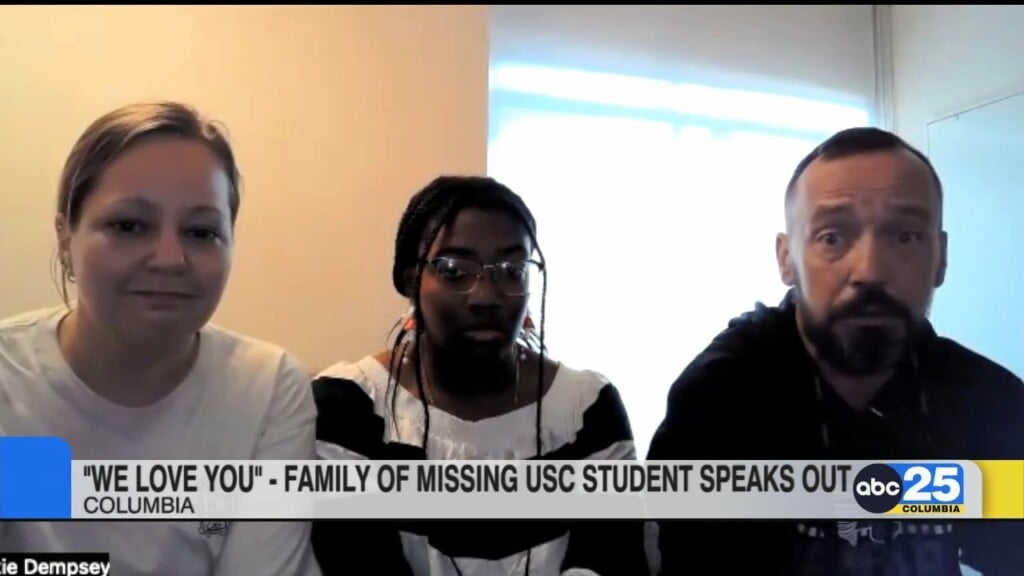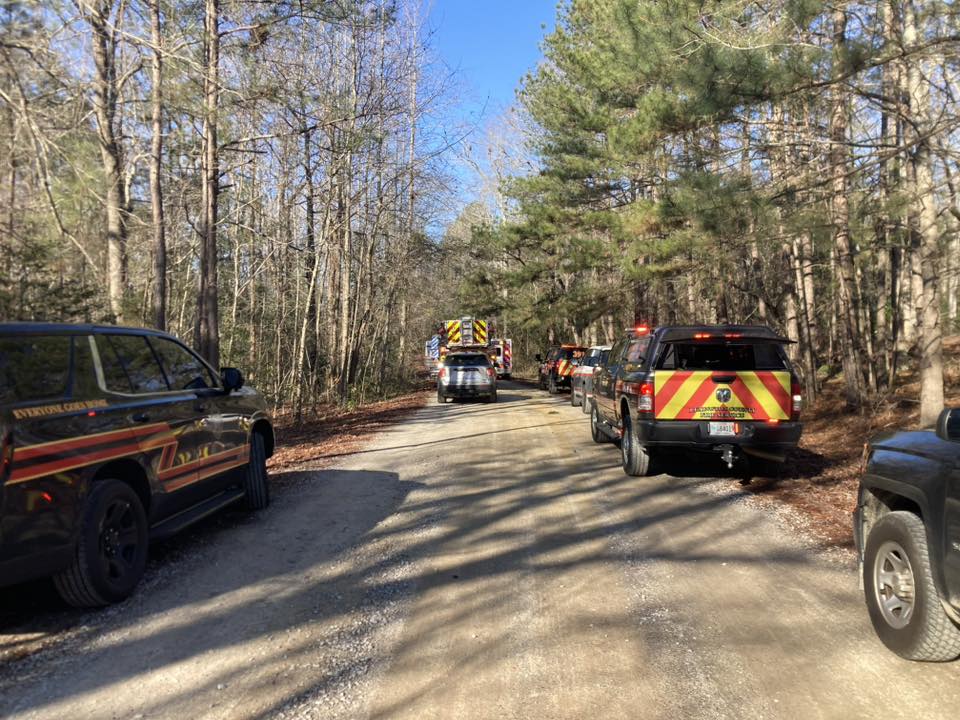New law will help S.C. drivers who are deaf or hard of hearing if they’re pulled over
Earlier this year, Governor McMaster signed a new bill into law that will help deaf and hard of hearing people in case they're pulled over by law enforcement officers.
West Columbia, S.C. (WOLO) — Earlier this year, Governor McMaster signed a new bill into law that will help deaf and hard of hearing people in case they’re pulled over by law enforcement officers.
The DMV Bill H 3357 was signed into law in March.
“The DMV bill has already been passed, and it will be effective next year. So the deaf and hard of hearing people will be able to go to the DMV and fill out information, if they want to, they’ll put it in the system beginning next year,” said Anita Steichen-McDaniel, Executive Director of South Carolina Association of the Deaf (SCAD).
By filling out the information, it lets officers know if a driver is deaf or hard of hearing.
“For example, if a person gets pulled over by a police officer, the police officer when they pull up their information in the computer can see in the database that the person they’ve pulled over is deaf by their license plate. So they’ll know that the driver is already deaf before they come up to the window,” said Steichen-McDaniel.
“From an old trooper standpoint, I have had experience walking up on a car and someone being deaf or hard of hearing and couldn’t understand. And I don’t know sign language,” said Rep. Chris Wooten of Lexington.
Wooten introduced the bill after being approached by one of his constituents, David Bitters, and said having this legislation just makes sense.
“This is actually my first bill that I introduced and as a freshman legislator it got passed, so I was pretty excited about that,” said Wooten.
Bitters is the President of Hearing Loss Association of America (HLAA-Midlands) and worked with SCAD and Wooten to get the bill made into law.
There are also communication cards to help officers explain why they pulled the driver over.
“So when they find out that person they’ve pulled over is deaf, and they approach the vehicle, they can point and say you were speeding or ask if they can see their driver’s license or their registration. All of that information is here and they can use it to point in order to make communication more easier and safer for the officer and the deaf and hard of hearing community,” said Steichen-McDaniel.
“It’s a safety procedure or a precaution for not only the driver of the vehicle, but the officer as well,” said Wooten.
“Some deaf and hard of hearing people are afraid of miscommunication or misunderstanding when they’re in that situation, so I think this is really important that they know that we’re deaf or hard of hearing ahead of time,” said Steichen-McDaniel.
According to SCAD, about 5% of South Carolinians are deaf or hard of hearing.


